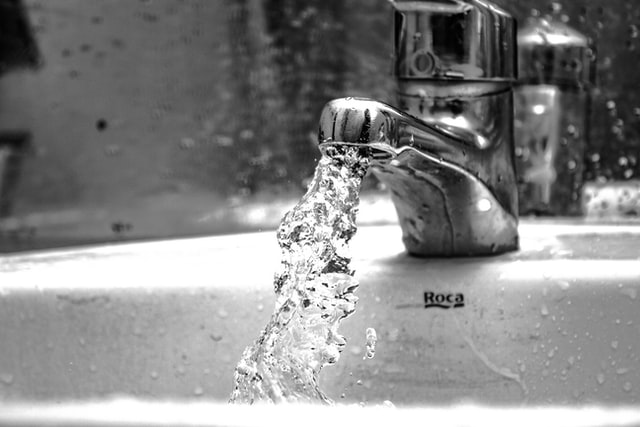Saving water at home: understanding water consumption & tips to reduce usage

If you aren’t already, you should be checking on your utility bills every now and again – even if you are set up for automatic payments. If need be, you can look at your credit card statement to see how much your water bill cost you this month. On average, the typical Canadian will use about 329L of water a day. The average Quebecer sits a little higher than the national average with roughly 400L of water use per day. That’s a lot of water! Consider all the toilets we flush every day, the dishes that we wash, and the showers that we take. Not only can this hike up our water utility bills, but it’s worth noting the privilege of having safe drinking water where several million people in undeveloped countries do not.
How do we do our part in reducing our water usage at home? What is the worst contributor to our daily water usage? Read on for some tips on how to reduce water usage at home.
How fixed fees and variable fees make up your water bill

Your water bill is based on fixed fees and variable fees. The fixed fees – the charges that you will pay irrespective of your water consumption, and is dependent on your geographical location – will include the basic monthly water service charge, for the maintenance of your water meter and reading the meter monthly to issue your bill, monthly drainage service charges, to cover the cost of maintaining the storm water system, stormwater charges, for collecting unmetered water in the form of melted snow that flows off your property and into the sewer system, and monthly wastewater service charges, for wastewater treatment services.
The variable fees are the costs you may be able to reduce through small lifestyle changes. Those include the cost of water, based on your consumption, wastewater charge, and sanitary drainage charge.
If you haven’t made any serious changes in your water usage and your water bill seems suddenly much higher than it used to be, there may be a leak somewhere. Call your water service provider for more information because it could be a meter or billing error. It may also be a broken appliance, a leak, or it’s summertime and you’re watering your lawn or garden more frequently.
Tips on reducing your water usage at home
You can control the “variable” portion of your water bill by a variety of means. Those include:
- Reducing your shower time. Most showers average around 8 minutes, which can consume up to 90L of water. Many of us spend an unnecessary amount of time in the shower, which we can reduce by simply cutting our shower time down to a few minutes.
- Invest in low-flow faucets, toilets, and shower heads. Older toilets can use up to 26L of water per flush, whereas low-flow toilets may only use around 5L per flush. Replacing your appliances can be expensive upfront, but you can expect the renovation to pay for itself in as few as just three years or less.
- Avoid letting water run when doing dishes by-hand and fill the sink instead.
- Use a rain barrel to collect water to water your plants. You can also reuse water around the house. If you have fish, their soiled tank water can be used to fertilize plants. Unused ice cubes can go to watering your lawn. Even old pasta water can be nutritious for your garden!
- Only ever run the dishwasher and/or the laundry machine when there’s a full load. It can be tempting to do a wash each time you want your most comfortable or beloved article of clothing clean to use again, but this can significantly add to your water consumption. Try to run your dishwasher only once per week – (this can save over a thousand liters of water a year!) – which can reduce your water costs by roughly $300/year. It’s a common misconception that a dishwasher uses more water than washing by-hand. Faucet washing uses 9L of water/minute, where a single run of the dishwasher will use around 27L of water.
You can help protect communities, reduce your water bill, and protect the planet by reducing the amount of water you use everyday. You may not think that a single household can do much to make a difference in the long-haul, but a little effort goes a long way!

